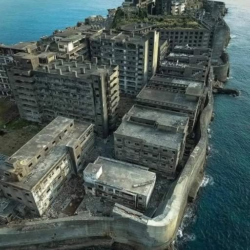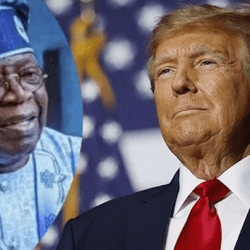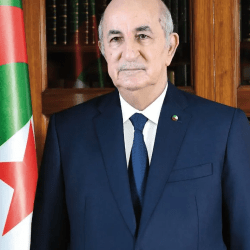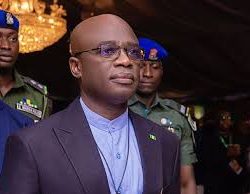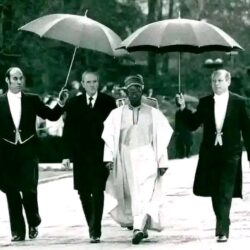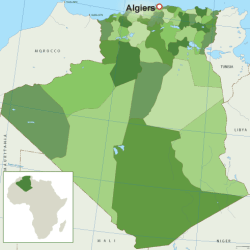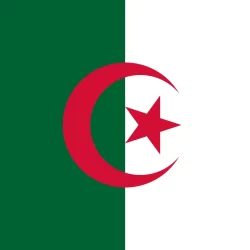Abdelaziz Bouteflika remains one of the most influential and controversial figures in modern Algerian history. Serving as the country’s president from April 27, 1999, until April 2, 2019, he witnessed and shaped pivotal moments in Algeria’s political, social, and diplomatic trajectory. His leadership combined remarkable achievements in diplomacy and reconciliation with accusations of authoritarianism, corruption, and overstaying his rule.
This article explores the life, political career, presidency, and legacy of Abdelaziz Bouteflika—a man who left an indelible mark on Algeria.
Early Life and Entry into the Liberation Struggle
Abdelaziz Bouteflika was born on March 2, 1937, in Oujda, Morocco, to an Algerian family originally from Tlemcen. His youth coincided with the rise of Algerian nationalism against French colonial rule.
At the young age of 19, in 1956, Bouteflika joined the Algerian National Liberation Army (ALN). His early dedication earned him rapid promotions. By 1958, he was serving as General Supervisor of the Fifth District, and later as an officer in the Fourth and Seventh Regions. His responsibilities extended to the Western Military Operations Command, where he gained recognition for his organizational and leadership skills.
His role during the independence war helped establish his credibility within Algeria’s revolutionary elite.
Political Rise After Independence
When Algeria gained independence in 1962, Bouteflika was among the young revolutionaries entrusted with shaping the new nation. He first served in the National Constituent Assembly before being appointed Minister of Youth, Sports, and Tourism at just 25 years old.
A year later, in 1963, he became Minister of Foreign Affairs, a position he held until 1978. This made him one of the youngest foreign ministers in the world at the time.
Foreign Affairs Achievements
As foreign minister, Bouteflika:
- Championed non-alignment and Third World solidarity.
- Strengthened Algeria’s role in the Organization of African Unity (OAU) and the United Nations.
- Built diplomatic ties with post-colonial nations and defended liberation movements across Africa.
His international stature grew significantly, making him a respected figure abroad and a loyal ally to President Houari Boumediene.
Struggles After Boumediene’s Death
When Boumediene died in 1978, Bouteflika hoped to succeed him. However, internal political rivalries within the National Liberation Front (FLN) blocked his rise.
By 1981, he left Algeria amid accusations of financial mismanagement and remained abroad for much of the decade. His exile was a politically quiet period, though he retained influence within FLN circles.
Bouteflika returned to active politics in 1989, rejoining the FLN’s Central Committee as Algeria moved toward political pluralism.
Presidency and Civil Harmony (1999–2004)
Algeria was in crisis when Bouteflika contested the 1999 presidential election. The country was torn apart by the “Black Decade”, a brutal civil war against Islamist insurgents.
Bouteflika won the presidency after his six opponents withdrew, alleging electoral fraud. Once in power, he launched the Civil Harmony Law, approved by referendum with over 98% support. This initiative offered amnesty to insurgents who laid down arms, helping reduce violence and rebuild stability.
His first term restored some degree of peace and improved Algeria’s international image.
Second Term and National Reconciliation (2004–2009)
In 2004, Bouteflika was re-elected with around 85% of the vote. He then introduced the Charter for Peace and National Reconciliation (2005), which received overwhelming approval in a referendum.
This charter expanded amnesty measures, aiming to heal the wounds of civil conflict. While praised for reducing violence, critics argued it silenced victims and shielded perpetrators from accountability.
Constitutional Changes and Prolonged Rule
In 2008, Bouteflika amended Algeria’s constitution, abolishing presidential term limits. This allowed him to run again in 2009 and 2014.
However, his fourth term was marked by serious health issues. After suffering a stroke in April 2013, he made few public appearances and often governed from behind closed doors. Despite this, his entourage maintained power, fueling suspicions of political manipulation.
The Hirak Movement and Resignation
In early 2019, Bouteflika’s allies attempted to secure him a fifth presidential term despite his incapacitation. This triggered massive protests known as the Hirak Movement on February 22, 2019.
Millions of Algerians across cities demanded political change, rejecting both Bouteflika’s candidacy and the entrenched ruling elite.
Under immense pressure, Bouteflika postponed elections and finally resigned on April 2, 2019, weeks before his mandate ended. His resignation marked the fall of a political figure who had dominated Algeria for two decades.
Death and Burial
Abdelaziz Bouteflika lived a quiet life after stepping down. He passed away on September 17, 2021, at the age of 84. He was buried in the Alia Cemetery in Algiers, alongside other prominent Algerian leaders.
Legacy of Abdelaziz Bouteflika
Bouteflika’s legacy is a complex one:
Achievements
- Brought relative peace after a decade of civil war.
- Elevated Algeria’s diplomatic profile on the global stage.
- Introduced economic reforms during periods of high oil revenues.
Criticisms
- Amended the constitution to prolong his rule.
- Oversaw a system marked by corruption and authoritarianism.
- Clung to power despite severe illness, eroding trust in institutions.
Ultimately, Bouteflika symbolizes both Algeria’s post-independence resilience and its struggle with entrenched political leadership.

1. Who was Abdelaziz Bouteflika?
Abdelaziz Bouteflika was the fifth President of Algeria, serving from 1999 to 2019. He was also Algeria’s long-serving foreign minister and a veteran of the independence war.
2. What were Bouteflika’s main achievements?
His most significant achievement was initiating peace and reconciliation policies that helped end Algeria’s civil war in the 1990s.
3. Why did Bouteflika resign in 2019?
Mass protests known as the Hirak Movement erupted when he attempted to run for a fifth term despite poor health, forcing his resignation.
4. How many terms did Bouteflika serve?
He served four terms as president—from 1999 to 2019.
5. What role did Bouteflika play in Algeria’s independence?
He joined the National Liberation Army at 19 and held several military and administrative positions during the war for independence.
6. When did Abdelaziz Bouteflika die?
He died on September 17, 2021, and was buried in Alia Cemetery, Algiers.
Abdelaziz Bouteflika’s story is one of revolutionary zeal, political dominance, and contested leadership. He steered Algeria out of a violent civil conflict and reestablished international credibility, but his extended rule and health struggles overshadowed his accomplishments. His departure in 2019 symbolized the people’s demand for a new political era.
Bouteflika remains a towering yet polarizing figure in Algeria’s history—both admired as a peacemaker and criticized as a leader who clung too long to power.
